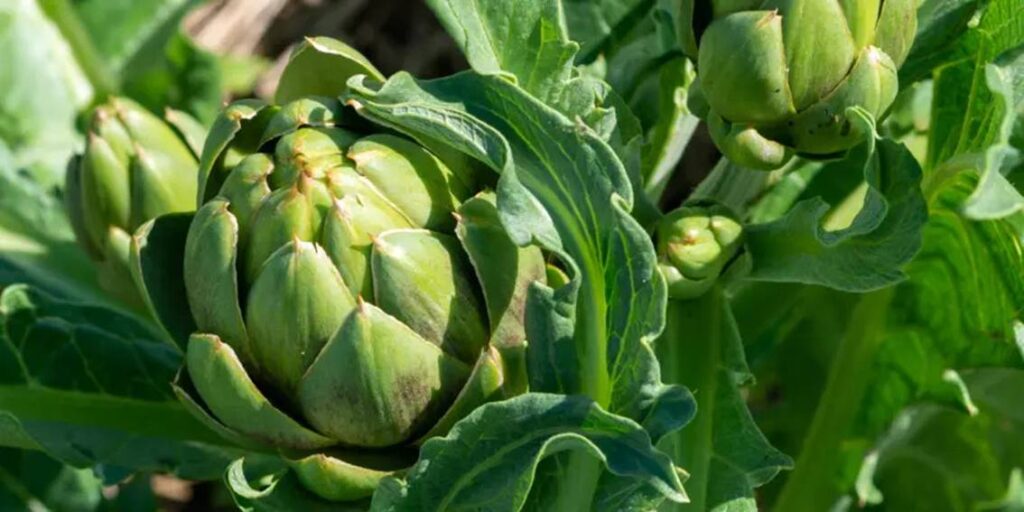The Artichoke Roots: The Mediterranean Beginnings
The artichoke, a unique and nutritious vegetable, traces its origins back to the Mediterranean basin. Ancient Greeks and Romans first cultivated it over 2,000 years ago, valuing it for both its medicinal properties and culinary uses. The Greek philosopher Theophrastus documented the artichoke in his botanical works around 300 BCE, noting its cultivation in Sicily.
Roman Cultivation and Culinary Use
The Romans refined farming techniques to enhance the artichoke’s flavor and yield. Wealthy Roman families featured it in lavish feasts and herbal remedies, appreciating its digestive benefits and vitality-boosting properties.
Arab Influence and Spread to Europe
During the Islamic Golden Age, Arab botanists introduced artichokes to Spain. By the 15th century, Spanish farmers widely cultivated the vegetable, making it a staple in southern European cuisine.
Royal Adoption in France
In the 16th century, Catherine de Medici, an Italian noblewoman, brought artichokes to France upon marrying King Henry II. The French nobility quickly embraced it, elevating the artichoke to a royal delicacy.
Migration to the United States
Italian immigrants introduced the artichoke to the U.S. in the 19th century, settling in California. The state soon became the leading producer, with Castroville declaring itself “The Artichoke Center of the World.” Today, California supplies nearly 100% of America’s artichokes.

Nutrient-Rich and Power-Packed
The artichoke provides an impressive range of nutrients that promote overall health. One medium artichoke contains over 6 grams of fibre, along with vitamins C, K, and B9 (folate). It also supplies minerals such as magnesium, potassium, and iron. People who include artichokes in their meals benefit from improved digestion, stronger bones, and enhanced energy metabolism.
Besides vitamins and minerals, artichokes contain powerful antioxidants. These include cynarin, silymarin, and luteolin, which fight oxidative stress and prevent cellular damage. Among vegetables, artichokes rank near the top for antioxidant content.
A Natural Digestive Aid
Artichokes support digestive health in multiple ways. Their high fibre content improves bowel regularity and feeds beneficial gut bacteria. This promotes a balanced gut microbiome, which plays a key role in immunity and mood.
Cynarin, a key compound in artichokes, increases bile production. This helps the body break down fats more efficiently. As a result, people who eat artichokes often experience less bloating, gas, and discomfort after meals. Artichoke leaf extract also relieves symptoms of irritable bowel syndrome (IBS), such as cramps and indigestion.
Protecting Heart Health
The artichoke offers significant cardiovascular benefits. They help lower bad cholesterol (LDL) while increasing good cholesterol (HDL). The compounds cynarin and luteolin regulate fat levels in the blood and protect arteries from plaque buildup.
People with high blood pressure also benefit from the potassium found in artichokes. This mineral relaxes blood vessels, reduces tension, and balances sodium levels. A heart-friendly diet that includes artichokes supports healthy circulation and reduces the risk of heart disease.
Boosting Liver Function
The liver plays a central role in detoxifying the body, and artichokes enhance its performance. Cynarin stimulates bile flow, helping the liver break down fats and eliminate toxins more effectively. Silymarin protects liver cells from damage and supports regeneration.
People with fatty liver disease or toxin exposure often use artichoke supplements as part of their recovery plans. These compounds reduce inflammation, improve liver enzyme levels, and restore liver function over time.
Supporting Weight Management
Artichokes also assist with healthy weight control. Their high fibre content promotes fullness, reducing the urge to overeat. They also regulate blood sugar levels, preventing energy crashes that lead to cravings.
Many people include steamed or grilled artichokes in low-calorie meal plans. With rich flavour and dense nutrition, artichokes satisfy hunger while supporting metabolic health.
Conclusion: A Timeless Super food
From ancient empires to modern kitchens, the artichoke has proven its worth as both food and medicine. It strengthens digestion, protects the heart, boosts liver function, and supports weight management. With a history rooted in culture and health, this Mediterranean gem continues to enrich lives across the world. Add artichokes to your meals and discover the lasting benefits of this remarkable vegetable.




